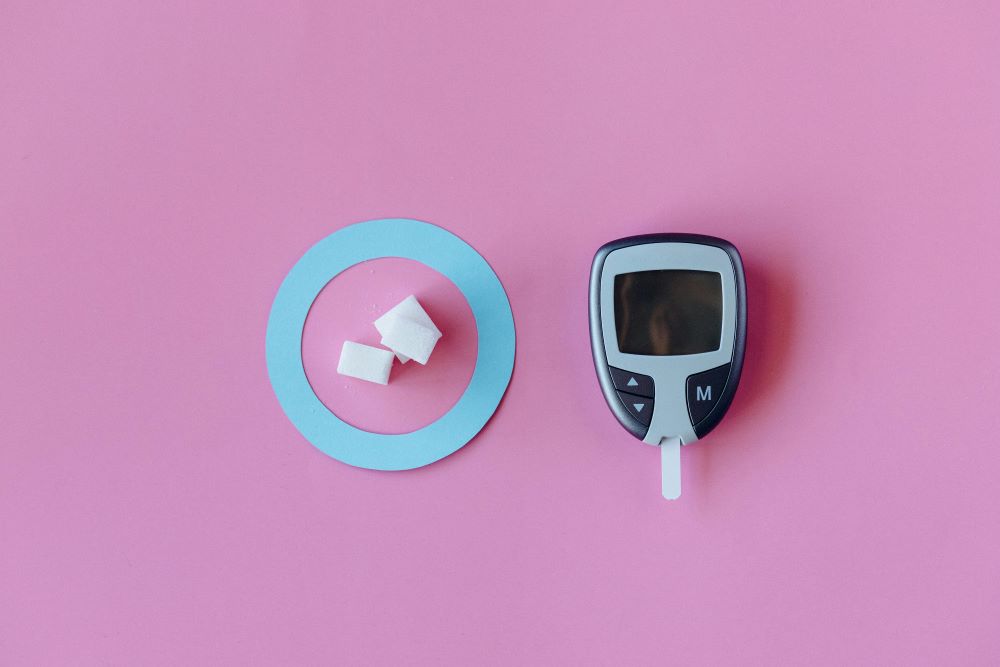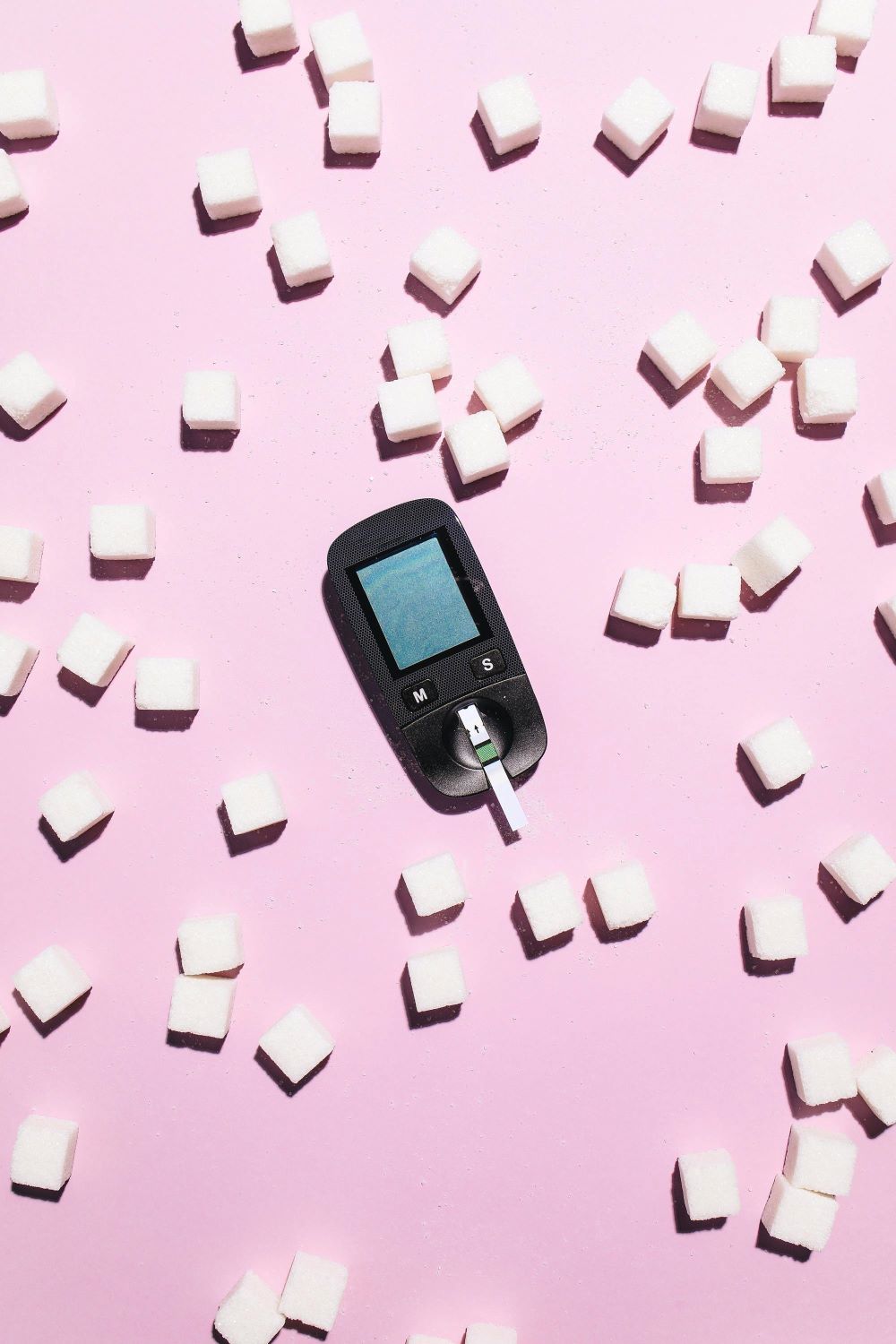Liraglutide shows promise in reducing childhood obesity but has potential side effects.
Recent research highlights the benefits of liraglutide, a medication initially developed for managing type 2 diabetes, in reducing childhood obesity in kids ages six to twelve. A randomized trial conducted across multiple countries evaluated the drug’s efficacy and safety in this younger population, ultimately determining the drug would be a viable option for weight reduction. Liraglutide, a glucagon-like peptide-1 (GLP-1) analog, works by stimulating feelings of fullness, reducing appetite, and consequently lowering food intake.
Obesity is a growing concern worldwide, and childhood obesity, if left untreated, often leads to lifetime health complications such as type 2 diabetes, heart disease, and even early death. Treatment options, especially pharmaceuticals, are limited for younger children, however. If safe possibilities can be identified, this would greatly help the chances of these children avoiding long-term issues.
The trial, conducted between 2021 and 2024, involved children with a body mass index (BMI) in the 95th percentile or higher, as per the Centers for Disease Control and Prevention (CDC) growth charts. None of the participants had pre-existing conditions like insulin-dependent diabetes. Participants were randomly assigned to either receive liraglutide or a placebo, both paired with lifestyle interventions, including diet counseling and an hour of moderate-to-high-intensity exercise daily. This combination ensured that the study could assess the effects of the medication on top of non-pharmaceutical options for weight management.

Over the course of 56 weeks, children receiving liraglutide experienced a significant reduction in BMI, with a mean decrease of 5.8%, compared to a 1.6% increase in the placebo group. Additionally, 46% of the liraglutide group achieved a BMI reduction of at least 5%, while only 9% of those in the placebo group did. The researchers also measured waist circumference, weight, blood pressure, and glycated hemoglobin, finding that liraglutide had beneficial effects on most of these factors, although waist circumference showed a minimal difference between the groups.
While these weight reduction results are promising, the trial also revealed some concerns, particularly regarding side effects. Children treated with liraglutide were more likely to experience gastrointestinal issues such as nausea, vomiting, and diarrhea compared to those in the placebo group. Serious adverse events were reported by 12% of the liraglutide group, compared to 8% of the placebo group. It is also worth noting that while liraglutide appears effective in reducing BMI, the long-term benefits and potential risks remain uncertain.
Obesity is not just a matter of body weight but is linked to complex metabolic processes, and the effects of altering these processes during childhood are not fully understood. The current study included a 26-week follow-up period after the main trial, but a longer observation window may be necessary to assess whether the benefits are sustained and whether there are any delayed side effects or impacts on growth.
The trial is expected to continue through January 2027, which will allow the team to be given more information about the long-term safety and effectiveness of liraglutide in weight reduction in this age group. However, the trial’s initial findings could lead to a shift in how childhood obesity is treated, potentially offering hope for families struggling with this condition.
Sources:
Liraglutide for Children 6 to <12 Years of Age with Obesity
Obesity medication liraglutide is safe and effective in children aged 6 to <12 years


Join the conversation!